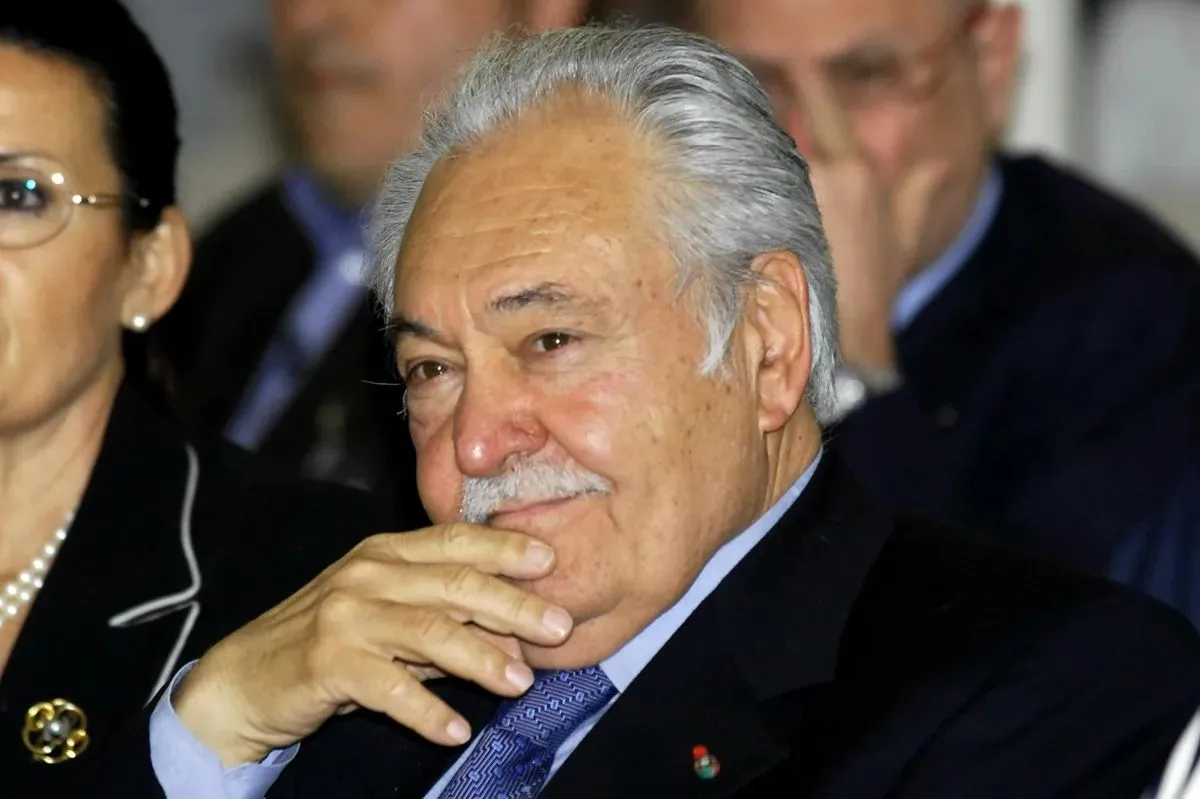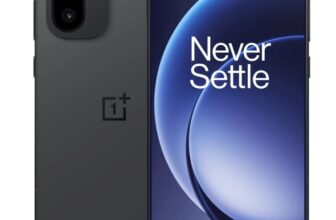
Pasquale, who died on Friday at the age of 89, exuded energy charm and optimism. “In the semiconductor business you have to be optimistic,“ he said “and I am an optimist“.
Born in a Sicilian mountain village, Pasquale was given responsibility early by his father who put him in charge of the family business when he travelled. He studied at the Politecnico di Torino and developed an ambition to be an electronics designer.
“I was always studying with the idea of becoming a designer”, he remembered, “the more the subject was theoretical, the more I was interested; the more practical the subject, the less I was interested. I was top in mathematics and top in physics. I was in love with the equations of Maxwell.”
On graduation, he had 10 job offers from 10 job interviews and had decided to accept the offer to be a designer at Olivetti. Then fate took a hand.
Quite by accident, Pasquale had known a representative of the Motorola agent in Italy who told him “You are so extrovert you would be a good salesman.” He was looking for a salesman in Turin who would sell Motorola products.
When Pasquale told him he wanted to be a designer he replied: ‘What is the offer from Olivetti?’ Pasquale said ‘120,000 lira a month’, and he replied: ‘I’ll offer you 150,000 lira a month’”.
He did not have a driving licence so started going around on a bicycle. He was not allowed to telephone or even telex Motorola because of the expense. The only contact he was allowed with the company was by mail.
“You’d send a letter and one month later you got the answer,” remembered Pasquale, “it might even be a price quotation for a customer!”
Success brought him the job of regional marketing manager for Motorola in Italy and, in 1967, when he was still the youngest country manager in Europe, Pasquale was appointed Motorola’s marketing manager for all of Europe.
He was in Phoenix getting briefed on the new job when panic hit the Motorola semi HQ. Bob Noyce, Gordon Moore and Andy Grove had left Fairchild to found Intel and much of Motorola’s top management under Les Hogan were leaving to run Fairchild.
Pasquale was offered the job of Fairchild general manager for Europe at double the Motorola salary plus share options though Pasquale said that he didn’t then know what share options were.
“I had one night awake in Phoenix,” remembered Pasquale, “should I accept – which was tempting – or should I stay? I had just been promoted. My duty was to hold the ground rather than abandoning it for extra money. It felt like abandoning a ship that was in trouble. It didn’t seem correct. I decided to stay.”
He worked for Motorola for 17 years becoming the company’s first non-American VP, director of worldwide marketing and director-general of the international semiconductor division.
“I fit very well in the American culture,” recalled Pasquale, “l’m a very basic person, and I think Americans are basic people and like basic people – they think that if you are performing, you are a good man; that if you are not performing you are no good. I am the same. So I think it was an easy fit.”
To Pasquale the basics were important. “I think values like honouring what you commit to do, not changing your mind, being at ease with yourself, having business integrity in the broad sense are essential. I value these things in the American culture, and they are values which I have been adopting myself all my life.”
At Motorola he developed his approach to management. “This, in the end, is my managerial style – marrying American rigour with a good sensibility for people,” said Pasquale.
In 1980, he got an offer to head up SGS-Ates – the then near-bankrupt Italian chip company which led to a classic exit interview with Motorola CEO John Welty.
“So you’re leaving Motorola to join SGS?”
“Yes, John.”
“Is SGS a good company? Is it in good shape?”
“No John, they are losing their shirt. They are in real difficulties.”
“I see. Well, is Italy a very nice environment to work in?”
“No John, terrorists are killing one executive a week and the unions are really dominating the scene.”
“Are they paying you more?”
“No John, they are paying me less.”
“Pasquale, are you crazy?”
“Yes John, I am crazy.”
In 1987, Pasquale and Jacques Noels of Thomson Semiconducteurs decided to merge their companies with Pistorio becoming CEO of the combined group.
“We made a merger that seemed impossible,” said Pasquale, “two companies that were, in different ways, both sick. There was Thomson which had heavy losses, but no debt, because it was a division of a group, and there was SGS, which was marginally profitable, but which had dramatic debts.”
The combined company in its founding year – 1987 – had sales of $850 million, a loss of $200 million and debt of $650 million. “So everyone was betting that within a couple of years, or sooner, we would go broke,” said Pasquale.
Seven years later, in 1994, the company, by then called ST, had grown at an average 17.6% a year since 1987. Its 1994 sales topped $2.6 billion for a profit of $362 million, debt was virtually zero, and over $1 billion was invested that year in R&D and new manufacturing capacity.
In 2001 ST was the third largest chip company in the world, behind Intel and Toshiba. The year Pistorio retired, 2005, the company had revenues just shy of $9 billion with a 36% profit margin.
He was a staunch supporter of European-wide research serving on the board of Medea the European research initiative. “If Europe abandons R&D it will not have jobs,” he said, “the only way for Europe to compete is to move up the value chain with higher intellectual content for its product.”
He championed socially and environmentally responsible business practices. He believed that businesses should be involved in closing the technological gap for both moral and commercial reasons, arguing that it is better to have three billion potential customers rather than three billion desperate people living in poverty.
He received many honours, including the Italian and French knighthoods – Italy’s Cavaliere del Lavoro and France’s Chevalier de la Legion d’Honneur.
Pasquale once defined the role of a semiconductor CEO: Create a vision; build a team, set a culture; define a road map and drive execution. Create an environment which is conducive to innovation which means it is tolerant of mistakes and gives projects time to succeed.
One other ingredient was his ability to inspire loyalty. There were old-timers at ST who would walk through fire for Pasquale.





